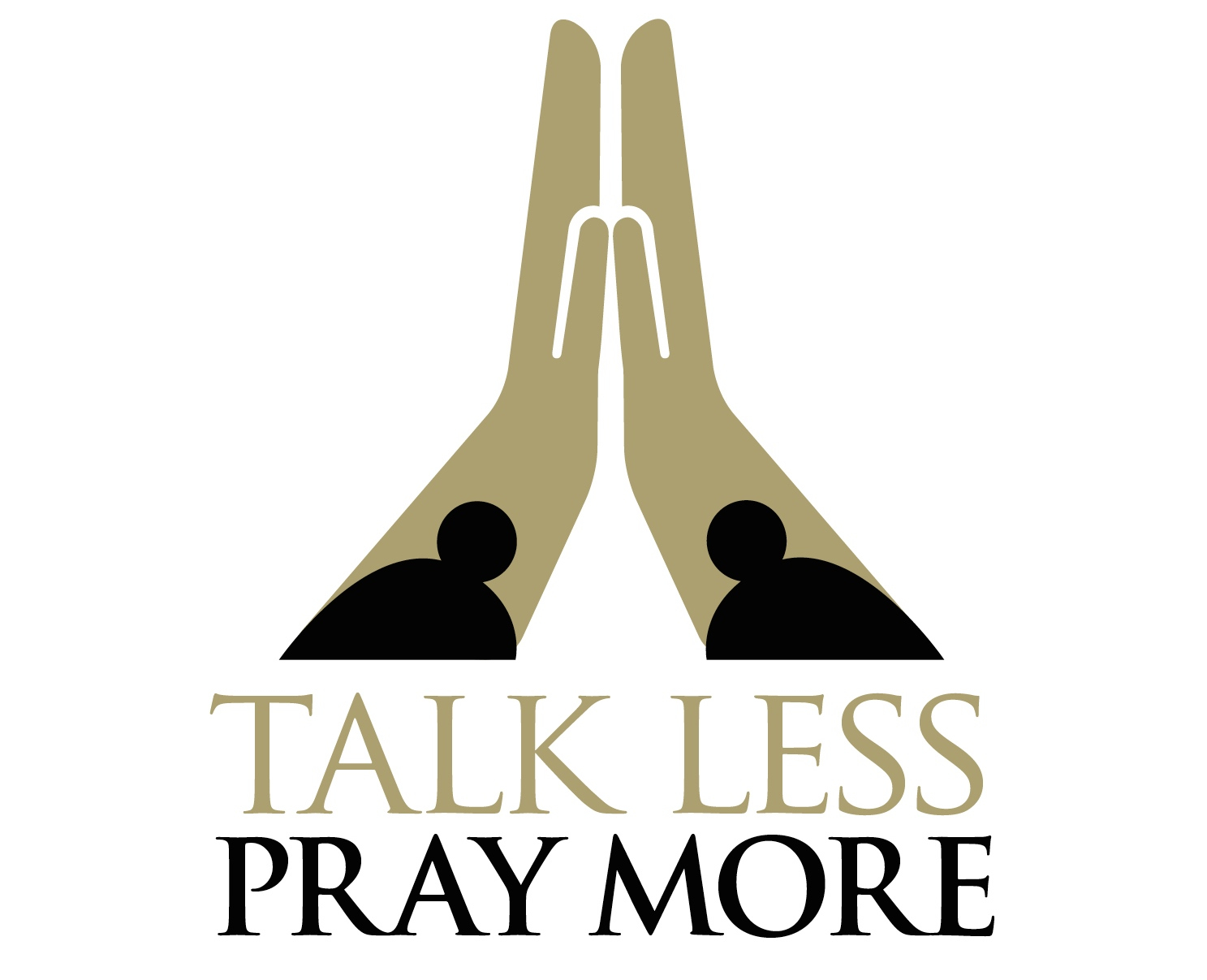“So Moses said to the LORD, ‘Why have you been so hard on Your servant? And why have I not found favor in Your sight, that you have laid the burden of all this people on me?’ “ Numbers 11:11
The prayer of Moses is marked by a sense of urgency, bordering on panic. Battling with the day-to-day challenges of leading rebellious people through touch terrain, and providing for their needs left him a victim of compassion fatigue. He was at the end of his rope, physically, mentally, and spiritually. The murmuring, complaining people had finally irritated his last nerve. He took his anger to God, not out on his people. Wise man.
Whatever initial sense of accomplishment Moses may have felt by leading “this people” out of Egypt evaporated in the searing climate of their perpetual petulance. The privilege of leading them to their destination had become a burden. It was no longer a blessing. Any honest leader or genuine pastor has felt the same way more than once, and is likely to experience over and over again “the burden of all this people.” Can I get a witness?
Moses was not just commissioned to guide the people out of Egypt and into the land of promise, kicking and screaming every step along the way. He was to lead them with the same nurturing spirit, soft voice, and gentle touch a nursing mother would have for her child. Moses was not called to drag them down the path of God by their hair. He was to hold them close to his heart. He was not allowed the relief of stiff-arming the stiff-necked. He was called to, “ ‘Carry them in your bosom as a nurse carries a nursing infant,…’ “( v. 12)
Any Dad who has been forced to hear the relentless cry of a hungry child knows the futility of putting a pacifier in the mouth a screaming baby when the only answer is mother’s milk. Moses was bombarded by millions of people who had lived for generations in a slave culture. Holding them close to his heart meant he could hear their cries, but he could not meet their needs.
“…They weep before me…” (v. 13)
As slaves, the people had not been paid, but they had been fed. They expected no less under freedom than they experienced under slavery. Freed slaves now looked to Moses to meet their needs. He had no spiritual or nutritional resources for them. He did the wisest thing leaders or pastors can ever do when they come to the end of their rope. He went to God. He pleaded for relief. He threw in a little whining, but in all fairness, Moses went to God.
“I alone am not able to carry all this people, because it is too burdensome for me.” (V. 14)
The prayer life of Moses reveals a life of intimacy with God on a level no man had ever experienced. Still, the day to day responsibilities of leadership and shepherding a new nation into freedom, and out of bad habits was exhausting. He couldn’t live under the daily pressure of encore anxiety, and unmet needs. No one can.
“Please kill me at once, If I have found favor in Your sight, and do not let me see my wretchedness.” (V. 15)
NOTE TO SELF: The blessing of being a leader can be lost under the burden of the people. Oppression will lead you to intercession, or it will lead you to depression. This only happens EVERY TIME. When the burden overshadows the blessing, you have come to the end of your rope. Stop making rope.
TALK LESS! PRAY MORE!
